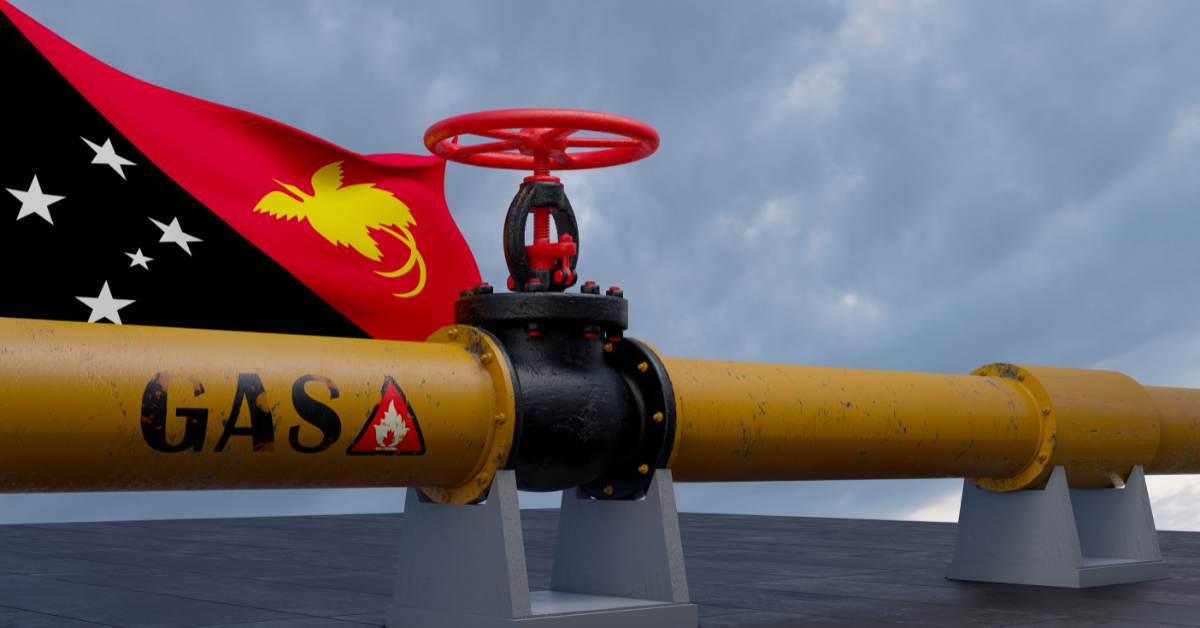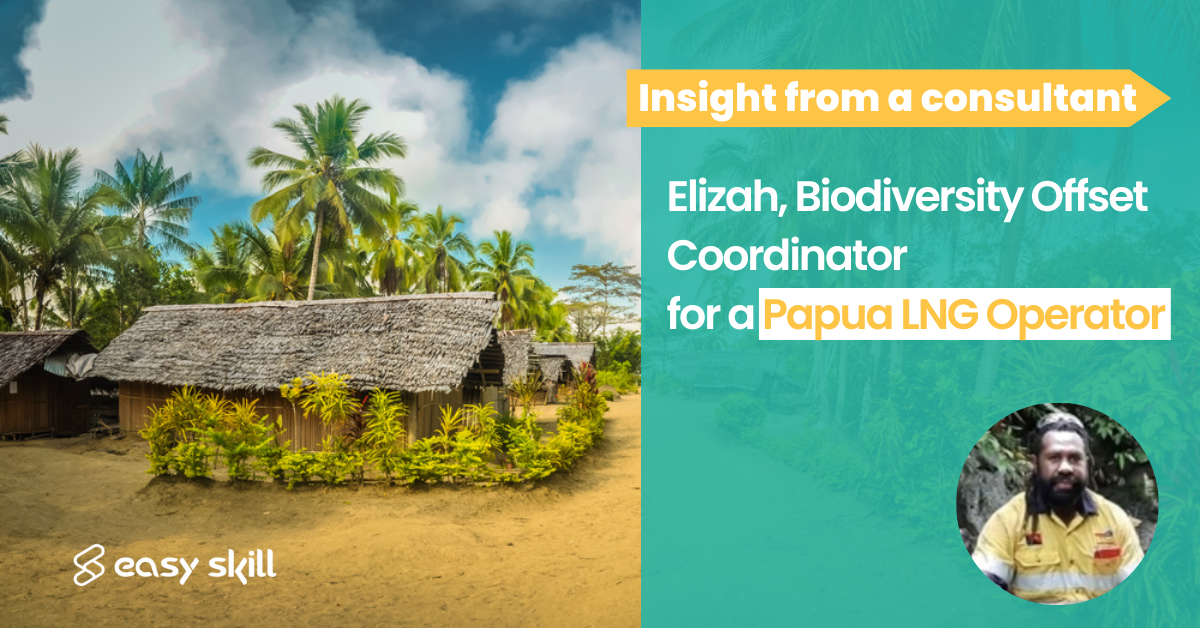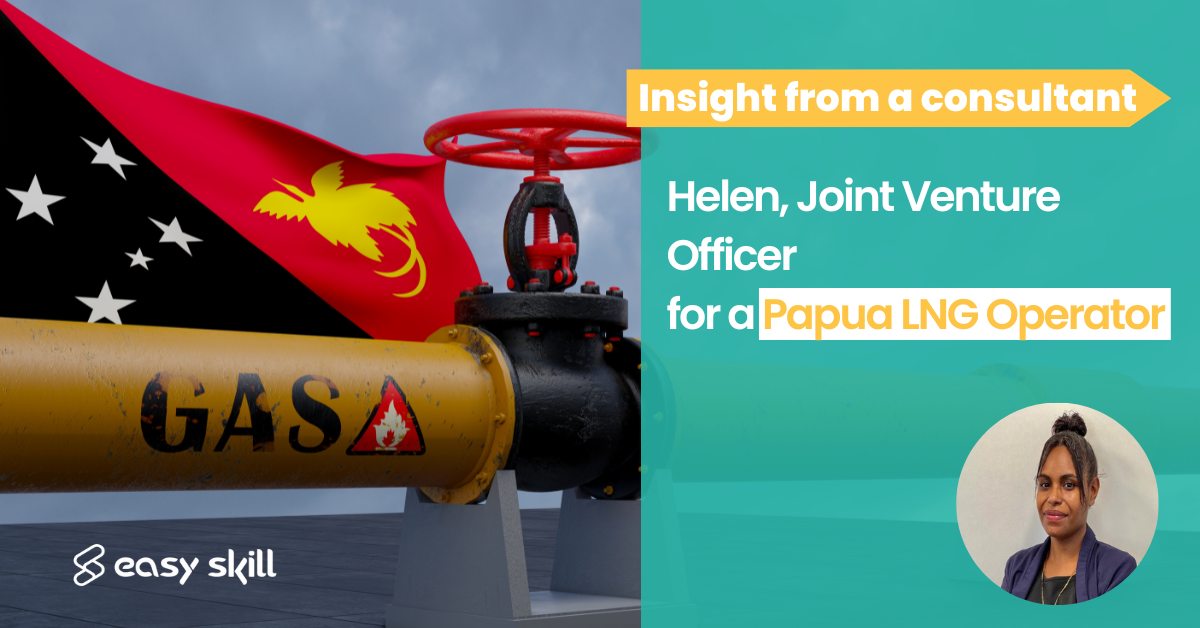The Feed Phase
The Papua LNG project is currently in the study phase, which involves engineering, design, and pre-investment decisions. However, some on-ground work, such as civil works, has already started. The design work, including civil engineering design, will be completed soon, while the appointment of civil contractors for infrastructure construction is still underway. Additionally, design work for pipelines and wells is progressing in phases.
The Workforce Needs
Total Energies' workforce requirements for the Papua LNG project align with its development curve. For a project of this nature, the client would want to ensure that it gets its social license and all government permits needed for operation. So before breaking ground, the client normally looks at personnel to help them on this aspect. We have seen a similar trend emerging on this project.
Initially, there was a demand for environmental and social advisory roles. The project sought professionals specializing in environmental and social integration to secure permits and licenses for the project. However, we have recently seen a change in the requirements from the clients side. They are shifting their focus more on support functions which tells us that they are gearing up for a large increase in workforce as well as the completion of few major contracts or work packages.
As the project advances, the need for contracts and procurement personnel, legal experts, IT infrastructure professionals, and health and safety personnel has emerged.
Challenges in Workforce Acquisition
Finding highly technical specialists in areas like engineering, construction, Safety, purchasing, contracts, and infrastructure can be challenging due to budgetary constraints, location constraints, and the limited availability of these skills in the labor market.
The labor market for projects of this scale is highly competitive, with numerous global projects vying for the same skilled individuals. Traditionally, Australian labor markets have been tapped for such projects, but rising costs have led to exploration in other markets like Asia, the Middle East, and Europe. Distance also poses a challenge, as workers may have to commute from far-off locations if they opt for a fly-in, fly-out arrangement. Additionally, certain roles necessitate living in Port Moresby, which may discourage prospective candidates who are eager to work in Papua New Guinea but prefer not to permanently reside in the city.
Local Workforce
Total Energies also places significant importance on local content, meaning they prioritize hiring Papua New Guinean professionals before considering international candidates. The project is expected to offer 3000 positions to nationals over the lifespan of the project.
Jay highlights that as the project progresses, the future demand for training and skills development will increase, both for local and expatriate personnel, to bridge any skills gaps and ensure a competent workforce.
Finding and moving talent within Papua New Guinea will be the principal challenge. Easy Skill has a track record of successfully staffing similar large-scale projects globally, including mining sites and LNG projects in various locations. Overcoming challenges related to skill scarcity, remoteness, and budget constraints is crucial, and Easy Skill's extensive network and experience enable them to find suitable technical assistance personnel for the project.
To conclude, the Papua LNG project represents a significant endeavor in the development of LNG infrastructure in Papua New Guinea. Finding and attracting a skilled workforce to meet the project's requirements poses challenges due to global competition, technical specialization demands, and geographical considerations.

Lauriane Pellaud
Marketing Coordinator and creative pro. She enjoys simplifying complex topics into simple narratives to engage audiences and communities. Food lover and seamstress in her spare time.








Share this Article